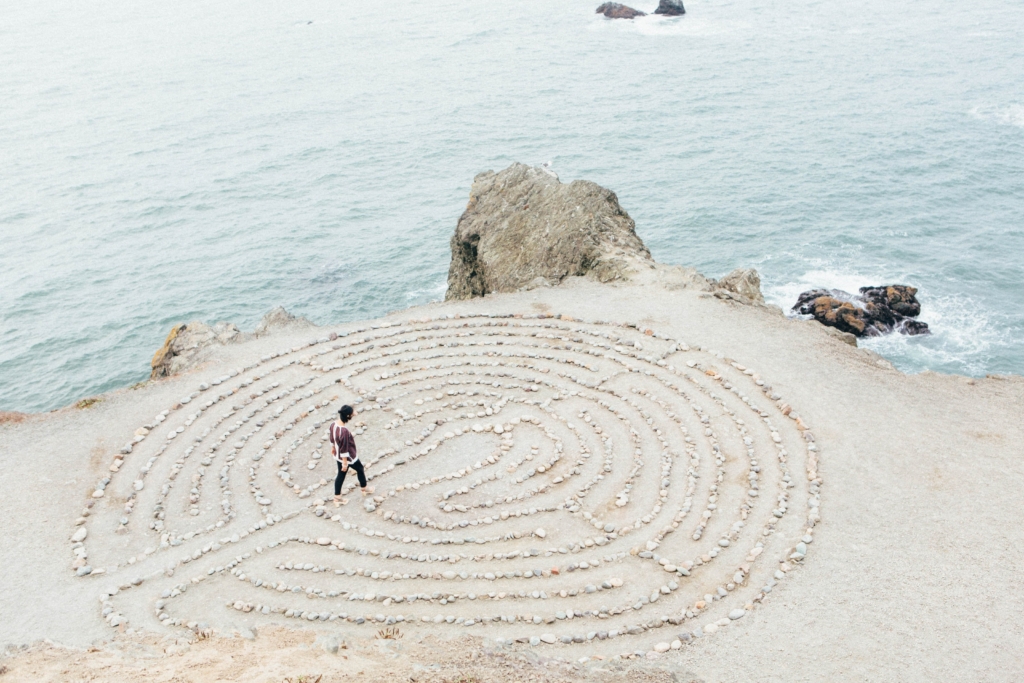The unexamined life is not worth living’ Plato
There is no trick to building self-awareness, no single one-stop-shop to buy insight or a guru who imparts the wisdom of the ages via a peaceful chant.
Self-awareness is a life-long commitment comprised of hard work and consistent effort. But the benefits are monumental, startling even. You discover your brain, who you are, your heart and how you feel, together lead you into a house with almost infinite rooms.
You do not need absolute answers, you do not need to be perfect, you do not need to please others.
Here is my perspective on why you should bother to develop your own self-awareness and some tips for how to navigate the work:
1. It’s all about your resilience, agility, adaptability and curiosity; if you invest in building self-awareness, your agency in life increases. Developing your self-awareness means you will react less and move towards what you want more easily. You will find people gravitate to you as you become increasingly and genuinely helpful and calm. The more you put into the journey, the more you are able to journey onward. Failure and success cease to hold as much meaning; learning becomes everything. You don’t judge yourself and you don’t judge others. You get on with life.
2. Invest in growing your own knowledge. Thousands of wise people precede you in this journey; read, listen and attend any seminar or program you can, anything that captures your imagination or in the moment seems to help. Be ravenously curious.
3. Be an explorer; don’t seek absolute answers, seek insight; look, see, listen, taste, touch and smell; your brain will sort over time what is relevant and useful to you
4. Become an artist; be alert to your preferences – for how you learn and what you learn; don’t fixate or settle, simply enjoy the incremental gain. Insight is almost infinite so genuinely relish the parts that over time help build the magic that is you.
5. Control your judge; you do not need absolute answers, you do not need to be perfect, you do not need to please others. This is your journey, no matter the first few steps of life, you are living now. Watch yourself as you live. Go ‘meta’ as the wise woman says; split your brain – part experience and part observation. Look for patterns.
6. Celebrate; acknowledge each piece that makes sense as a milestone, then go back to repeat the steps 2-5 above. Make note of them – when you record your journey, you embed your learnings.
7. Curiosity and kindness are central; if you want to prove a point, to be right, then you will struggle with yourself; you will approach life as a battle to be won, a mountain that you need to conquer. Life becomes effort filled rather than progressively easier.
8. Let go; here’s a visualisation exercise. If you’re battling with the process, imagine whatever it is you’re struggling with is inside a balloon. It is one of several balloons, perhaps. Look at the balloons in your hand, full of self-doubt and judgement. Then do a magic thing: open your hand and let the balloons go. Really, you can do this.

9. If you want other people’s love and affirmation, it’s yours for the taking; but not because you do life as they want you to do it, not because you look to them for approval for how you are being. You will get love and support in abundance when you live your life curiously and with kindness. You won’t waste time on people who don’t feel what you feel, or think what you think. You move on and find those who do – your tribe – the people who lift you up, give you energy and take you forward.
10. Do things well, enjoy the effort; put as much effort into how you make a bed as you do into how you pitch an idea. Excellence in small things is ultimately as valuable to you as excellence in big things; the universe doesn’t discriminate. Effort applied where you feel you are likely to succeed is smarter than effort put into things you suspect won’t get you where you want to go. Stretch is good; big stretches mostly aren’t.
11. Your brain is lazy; make learning and doing easy and simple. The brain is a self-organising system; give it easy replicable tasks and it will repeat them without too much thought. When you set an outcome, track for an internal voice that says ‘this will be easy, I can do this’. That is a very smart voice. If you start simple and easy, your success will build on itself.
12. Don’t take yourself so seriously; you will be dead soon. That’s the truth; we don’t know what we were before birth, and we don’t know what we are after death. Most of how we talk to ourselves is habitual; an engrained way of representing ourselves to ourselves. Don’t confuse it with fact; it’s a well-rehearsed story.
13. Learn how to understand the story and its origins (usually childhood stuff); get very good at rewriting the story so it’s useful – rethink and reframe
14. Get a coach; another perspective helps you ask the right questions and stops you from going down a rabbit hole (or multiple holes, as rabbits are prone to do).
There are an infinite number of approaches, these are just a few.
If you’d like to find out more about how we coach people from all walks of life, in all sectors and at all levels to develop better self-awareness, get in touch. We’d love to meet you.



